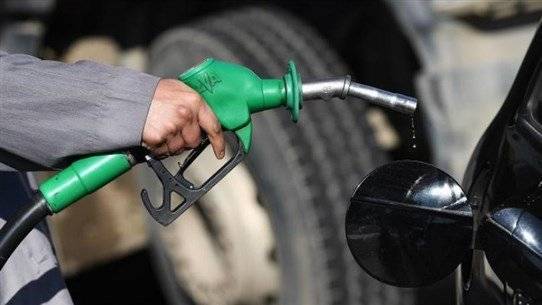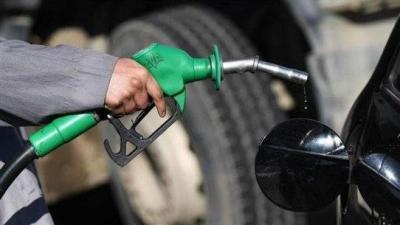The ongoing economic crisis and the continuous rise in fuel prices have significant negative impacts on all sectors in Lebanon. In this context, hundreds, if not thousands, of daily workers from Akkar who work in Beirut—such as carpenters, security personnel, and employees in various shops—find themselves caught in crises without any income. These daily workers, or the "forgotten workers," have families who depended on their jobs in Beirut, but the crisis has turned their lives upside down.
Worker Muhammad Sharit from the village of Dousa in the Dreib region explains his situation: "I used to work in a car repair shop in Dekwaneh and earn one million Lebanese pounds weekly. I paid the bus driver 150,000 Lebanese pounds weekly for the round trip to Beirut when a tank of gasoline cost 20,000 pounds. When gasoline prices started to rise, the bus driver increased his fare to 200,000 pounds per week. As gasoline prices continued to rise and surpassed 500,000 pounds per tank, the man raised his fare to over one million pounds. Meanwhile, my boss at the repair shop raised my pay to two million pounds a week, but that was not enough for my family for more than two or three days given the rising costs of everything. So, I gave up my job and am now among the unemployed."
Similarly, Suhail Ahmad from Akkar mentioned that he used to work at the Jbeil vegetable market, while his younger brother worked for someone maintaining greenhouses. "We didn't have a secure place to stay, so we went to Jbeil every morning and returned to Akkar in the evening. Transportation fares were previously manageable, but with the significant increase in gasoline and diesel prices, I now pay about two-thirds of what I earn for transportation costs, which led my brother and me to leave our jobs in Jbeil and return to Akkar. My brother bought a water truck to sell in our village, while I have been unemployed for over a month."
The situations of Muhammad and Suhail, along with his brother, represent hundreds of cases of citizens from Akkar who used to work in Beirut and were forced to leave their jobs and return home due to the rising fuel prices and, consequently, transportation costs. These are additional cases of the high unemployment rates that Akkar is suffering from, where more than half a million Lebanese citizens reside, and where there are no institutions or factories that can provide job opportunities in their areas.
This narrative does not even consider university graduates, especially recent ones, who are part of the youth group and former employees who have been, and continue to be, laid off since the onset of the crisis and collapse in 2019. If the International Labour Organization reported that unemployment rates in Lebanon rose to 41.4% in 2021, primarily concentrated in Akkar, the south, the Beqaa Valley, and Aley, then by mid-2022, unemployment rates have likely risen further, potentially exceeding 50% by the end of this year.
All indicators suggest that the prices of gasoline and diesel will exceed one million pounds in the coming weeks, approximately doubling the minimum wage. This means more unemployment and loss of job opportunities, while the Lebanese citizen is caught between trying to secure any work in their vicinity—even for daily pay—searching for a visa to leave the country, and attempting to escape this hell in any possible way, even if it means risking their lives on death boats.
It is a tragic fate for a people who have lost all means of survival in a state and authority that have lost all legitimacy and substance.




